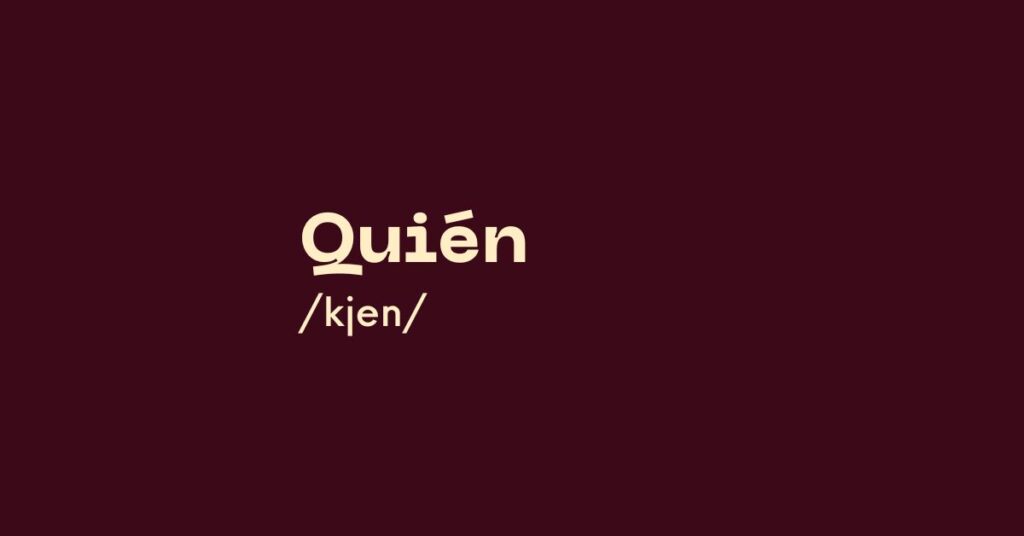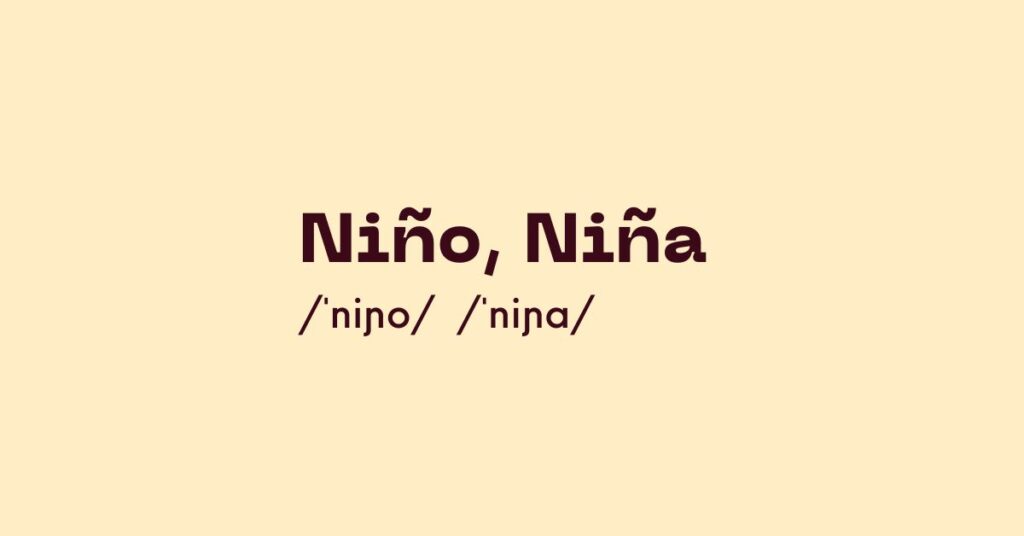Quién
Today’s Spanish word of the day is “quién”. When spelled with an accent (“quién”), it’s an interrogative pronoun that means “who” or “whom” in questions. For example: When spelled without an accent, (“quien”), it’s a relative pronoun that can be used to introduce more information about someone. For example: It can also be an indefinite […]









